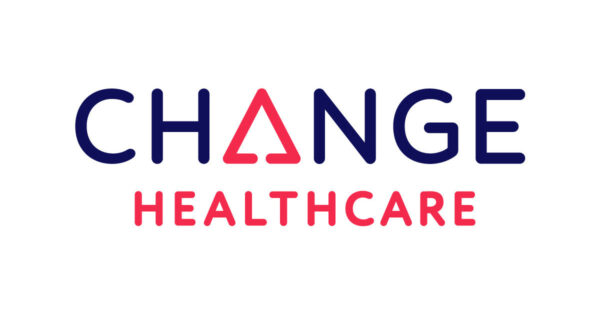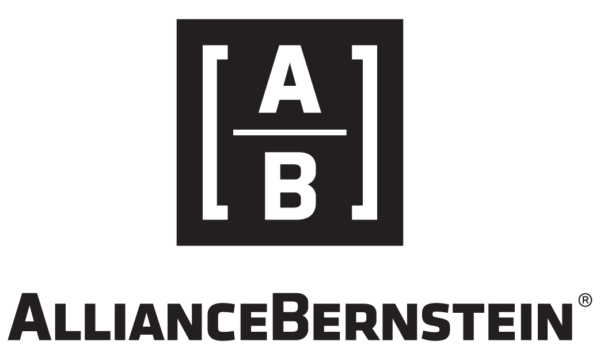Nashville tech executives have known for years that they’ll likely lose some talent to companies like Oracle and Amazon as the city’s tech industry grows.
But they aren’t the only ones that should be prepared to compete with big tech.
“A company like Oracle is going to have an HR department. Well, your company probably has an HR department. There’s a good chance that your HR person is going to go work for Oracle for more money and more perks,” Austin Business Journal Editor-in-Chief Colin Pope said. “It is something that transcends technology. This recruiting, it’s going to hit the local startups, the local tech companies. …But even outside of tech, you’ve got to worry about your receptionist leaving. You’ve got to worry about HR folks and all the other non-tech players that a big corporate campus like this will need.”
Pope was speaking Thursday as part of the Nashville Business Journal’s Growth of Nashville: The Oracle Impact, held virtually due to the Covid-19 pandemic.
He was joined in the event by former Oracle employee and FreightWise CEO Cris Cochran, The Equity Alliance co-founder and Executive Director Tequila Johnson, Endeavor Managing Principal Jamil Alam, Launch Tennessee President and CEO Van Tucker and Greater Nashville Technology Council CEO Brian Moyer.
In April, documents revealed that Oracle Corp. (NYSE: ORCL) has plans for a massive 8,500-job tech hub on Nashville’s riverfront.
The record-breaking economic development announcement eclipsed the 5,000 jobs that Amazon.com Inc. (Nasdaq: AMZN) announced for downtown in fall 2018.
Full-time jobs at Oracle’s Nashville hub will pay an average of $110,000 a year, and include software engineering, sales and consulting roles. Those salaries are nearly double Davidson County’s median household income of about $60,000.
Oracle is familiar to Pope, whose outlet is a sister publication to the Nashville Business Journal, because the tech giant opened a 560,000-square-foot riverfront campus in Austin three years ago, before designating it as the company’s headquarters last year.
Pope said the Austin hub is a “big, huge 40-acre recruiting tool” for the software firm. While Nashville’s campus will be much of the same, Moyer said the tech workers Oracle could need in Music City are a different breed than Nashville currently possesses.
“Oracle is certainly amongst those big tech companies [that have moved to Nashville] but I think I would better classify them as a ‘high-tech’ company or a ‘pure-tech’ company,” Moyer said. “They’re the ones building the tools that other companies are using to create innovative tech solutions and they’re also building enterprise applications. It’s a different kind of development, a different kind of talent that they’re looking for. It’s yet to be determined the exact makeup of their projected workforce is going to be. … But I expect that there will be a percentage of those workers that will be developing software applications and products and I think for those roles they’re going to be attracting the very best talent from across the nation. Probably, talent that might not have been as interested in Nashville until Oracle arrived.”
While some of the top tech workers may have to be imported to Tennessee, Moyer said an Oracle executive told him talent was the predominant reason the company chose Nashville. The city is centrally located and gives Oracle access to more than 125,000 local college students, he said.
Even with that constant refreshing pool of talent, Nashville companies are still going to lose employees to big tech — but it’s likely better than the alternative.
“One of the things that we are the beneficiaries of here in Austin and you all in Nashville, is [Oracle has] really been cutting back at their former home base in California. They sold off a big building there recently, as they’re building big buildings here. They’ve cut staff, hundreds of jobs,” Pope said. “I don’t expect anything bad to happen [here] but it is an example: …These big tech companies can take away hundreds of jobs just as quick as they can add them.”









